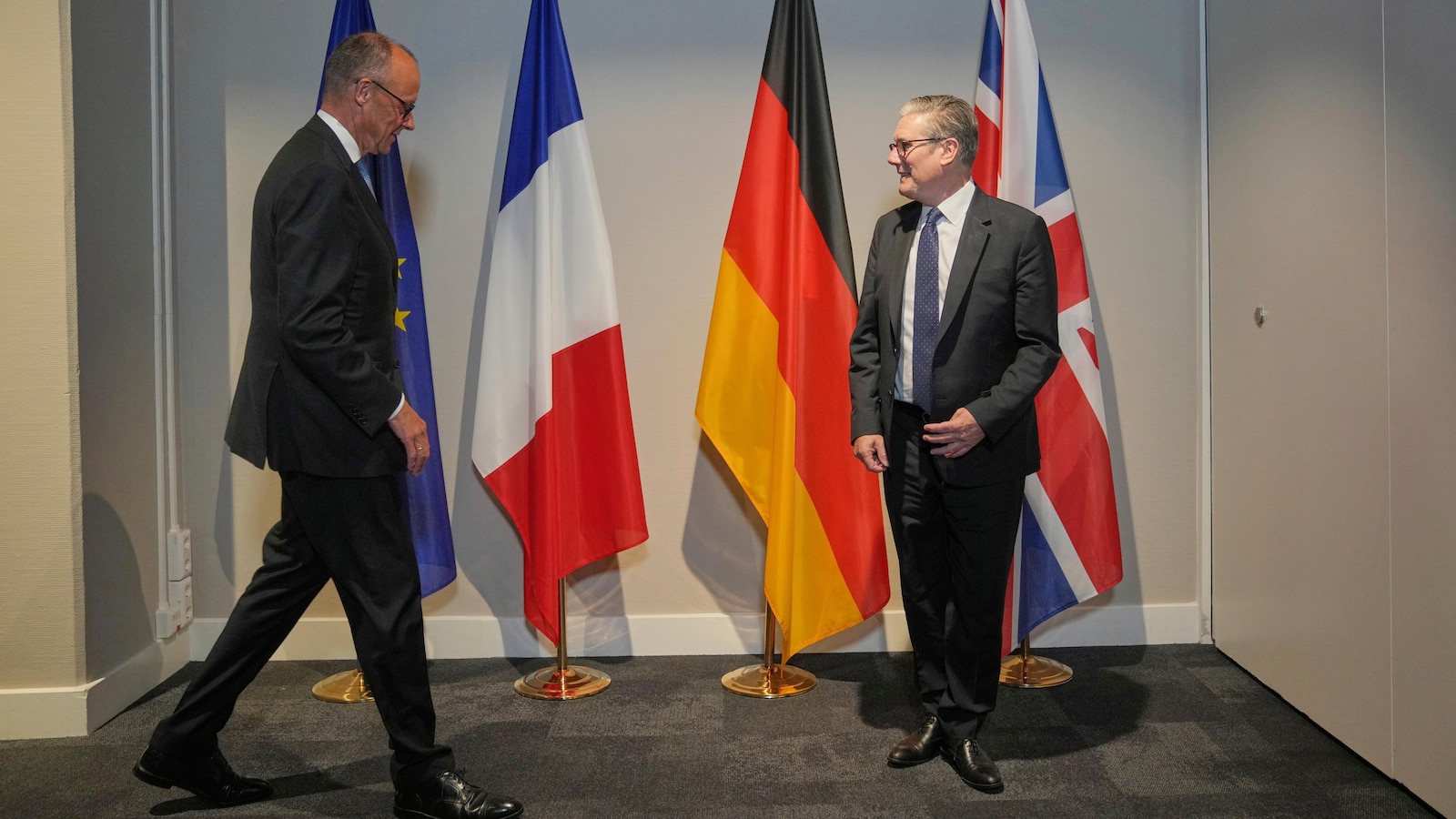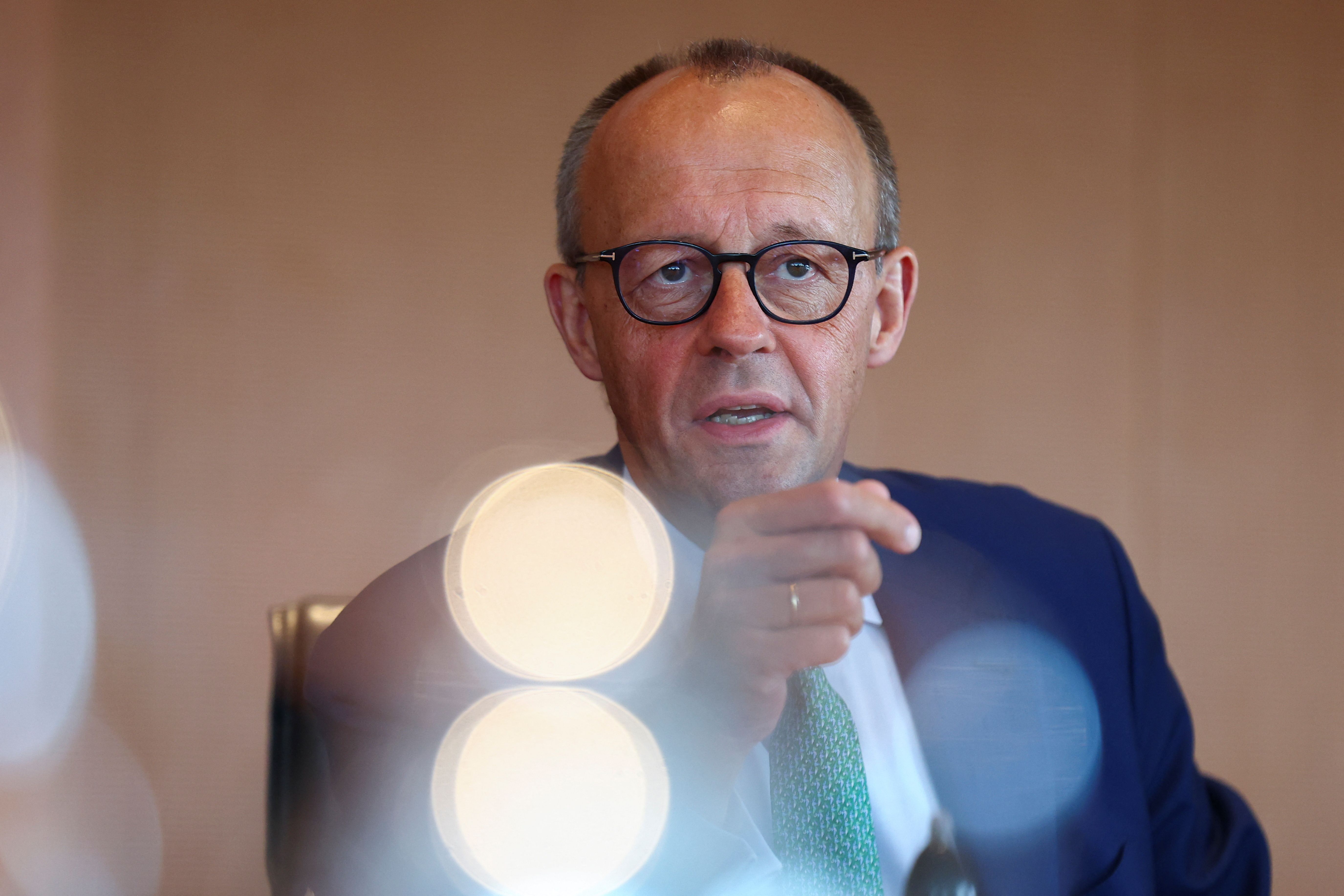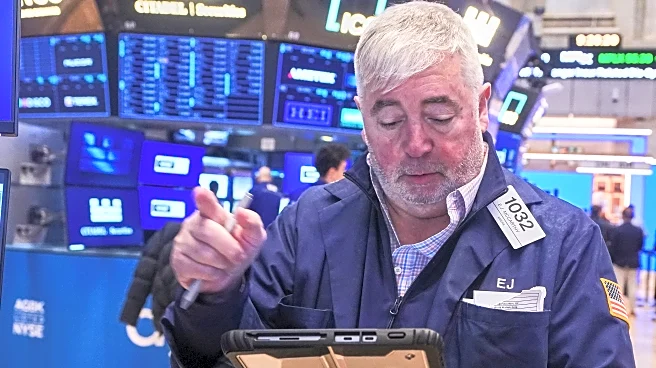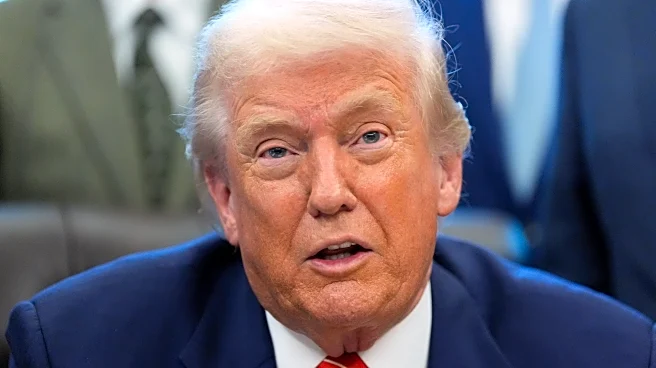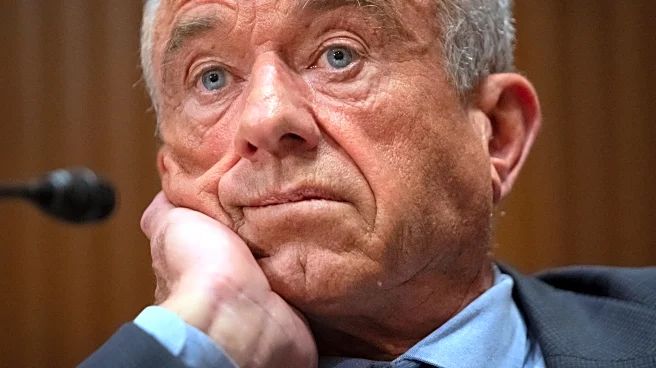In a landmark meeting, UK Prime Minister Keir Starmer and German Chancellor Friedrich Merz are poised to reshape the future of UK-German relations with the signing of a "friendship treaty." This diplomatic
Did You Know
The Eiffel Tower grows during summer heat expansion.
?
AD
engagement, Merz's first official visit to London, marks a significant step toward revitalizing the post-Brexit partnership between the two nations. The treaty aims to strengthen ties on key issues, highlighting a shared commitment to address common challenges such as security and illegal migration.
At the heart of this treaty are critical provisions aimed at combating people smuggling amid rising concerns over illegal crossings in the English Channel. Under the new agreement, facilitating illegal migration to the UK will be criminalized, reflecting a robust collaborative strategy to manage migration and enhance border security. This move signals a new era of cooperation between the UK and Germany, emphasizing their commitment to a safer and more secure Europe while faced with evolving geopolitical challenges.
The summit is not merely a one-off event; it carries the promise of a deeper and more enduring partnership between the two countries. As both leaders seek to reset the UK's relationship with Germany, they are laying the groundwork for increased cooperation on defense, trade, and migration policies. The outcome of this meeting will likely resonate beyond the immediate bilateral context, setting a precedent for how European nations can work together in a post-Brexit landscape, ensuring that their shared interests remain aligned in an ever-changing global environment.
Q&A (Auto-generated by AI)
What are the key points of the treaty?
The treaty between UK Prime Minister Keir Starmer and German Chancellor Friedrich Merz focuses on strengthening defense ties and combating migrant smuggling across the English Channel. It aims to criminalize people smuggling, thereby enhancing cooperation in migration control. Additionally, the treaty addresses broader issues of defense and trade, reflecting a commitment to improved bilateral relations post-Brexit.
How does this impact UK-Germany relations?
This treaty marks a significant step in revitalizing UK-Germany relations after Brexit. It signals a mutual desire to collaborate on key issues like migration and defense, which had become contentious post-Brexit. By formalizing cooperation, both countries aim to enhance security and trade ties, indicating a shift towards a more constructive partnership despite previous tensions.
What is the history of UK-Germany treaties?
Historically, UK-Germany treaties have evolved through various political landscapes, particularly during and after major conflicts like World War II. The post-war period saw treaties aimed at reconciliation and cooperation, culminating in the European Union's formation, which facilitated economic and political partnerships. Recent treaties, like the one being signed, reflect a shift towards addressing contemporary challenges in migration and security.
What are the implications for migrant policies?
The treaty's emphasis on criminalizing people smuggling is expected to tighten migration policies between the UK and Germany. This could lead to stricter enforcement measures and increased cooperation in tracking and preventing illegal migration. As both countries seek to manage migration more effectively, it may influence broader EU migration policies and bilateral agreements with other nations.
Who is Friedrich Merz and his political stance?
Friedrich Merz is the Chancellor of Germany, representing the Christian Democratic Union (CDU). Known for his center-right political stance, he advocates for a strong economy and secure borders. Merz's leadership reflects a commitment to strengthening Germany's role in Europe and addressing migration issues, aligning with the treaty's goals to combat people smuggling and enhance bilateral relations with the UK.


